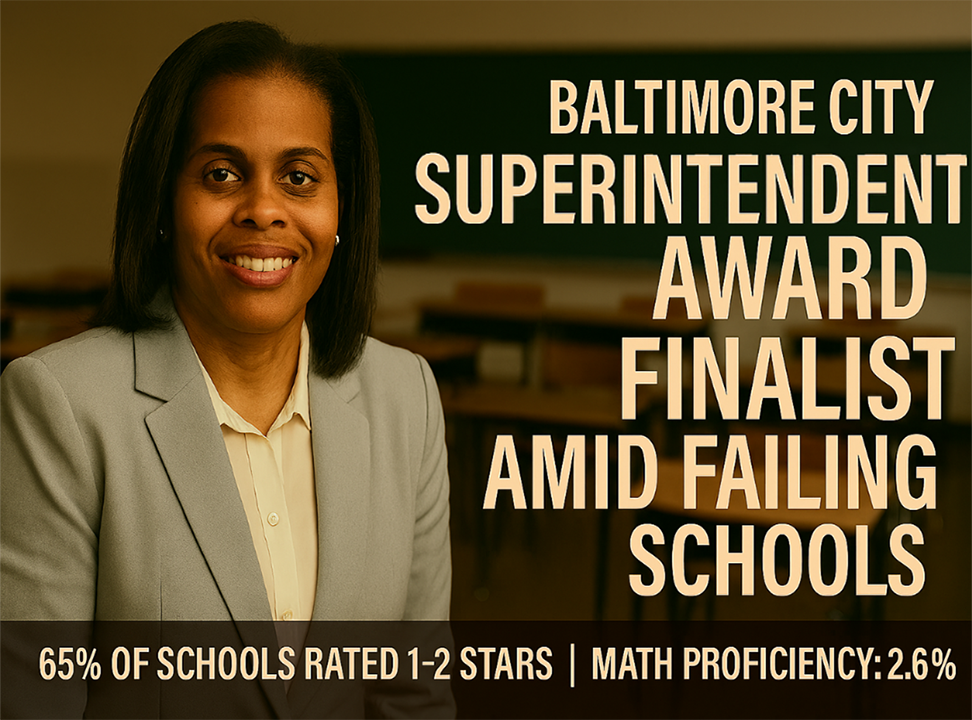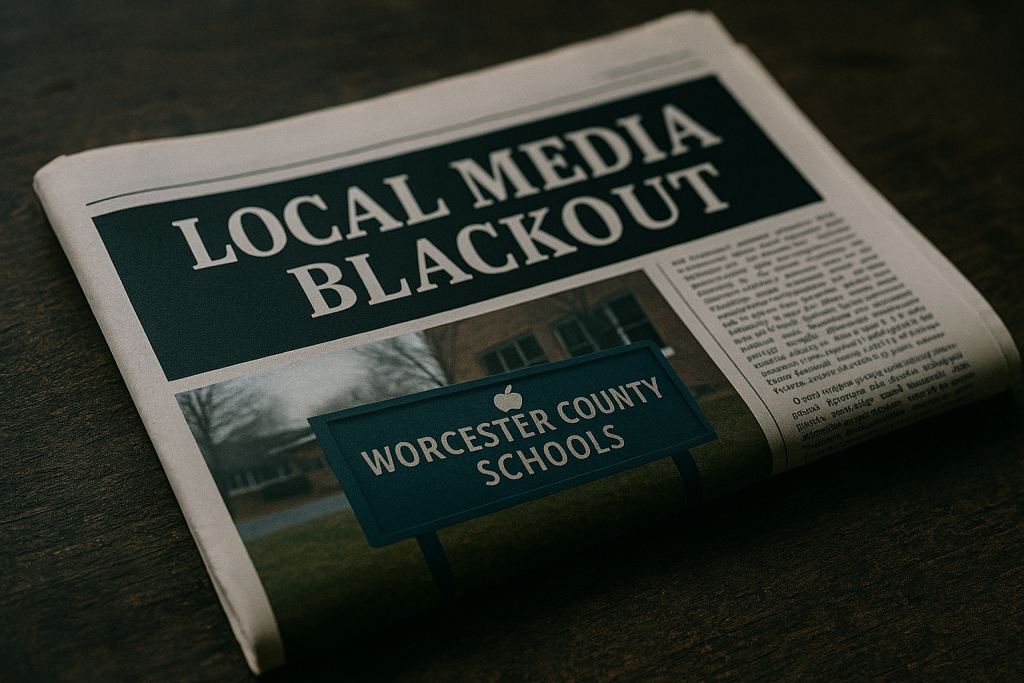

A Diploma Without Proficiency?
Maryland’s Rising Graduation Rate Raises Questions About Academic Readiness
By John Huber, MarylandK12.com
April 2025
Maryland’s high school graduation rate has reached its highest point in seven years, according to a recent article in Maryland Matters. This appears to be a sign that the state is moving in the right direction when it comes to helping students reach the finish line. But a closer look reveals something else: more students are graduating as their performance on state assessments in English Language Arts (ELA) and math remains very low.
This gap between proficiency and graduation questions the integrity of the high school diploma and what it represents in Maryland today.
In 2024, state testing data from the Maryland State Department of Education (MSDE) revealed that only about 46% of students scored proficient or higher in English Language Arts, and just 23% reached proficiency in math.
Despite these low proficiency levels, Maryland’s graduation rate climbed to 87.8%. In Baltimore City, where proficiency levels are among the lowest in the state, the graduation rate has exceeded 71%. This creates a disconnect: if most students are not demonstrating proficiency in core academic areas, how are they meeting the requirements to graduate?
While students are still required to take standardized tests, the weight these assessments carry has diminished in recent years. Passing scores on state exams and grades in the classes themselves are two completely different things.
This is directly from Prince George’s County’s website under “Graduation Requirements.”
“According to MSDE’s Division of Assessment, Accountability and Performance Reporting, students are required to participate in, but not required to pass, the assessments for Algebra 1, English 10, Life Science, and Government. As part of the Maryland Blueprint, the assessments for Algebra 1 and English 10 shall be used to determine College and Career Readiness.”
A high school diploma should signal to employers, colleges, and communities that a student has mastered foundational skills. When students graduate without meeting those benchmarks, they may find themselves unprepared for college or career demands.
Remedial college classes, job placement struggles, and long-term economic challenges often stem from this mismatch between credentials and capability. Rather than lowering expectations, the system must better align what it means to “graduate” with what it means to be academically prepared.
Dig Deeper With Our Longreads
Newsletter Sign up to get our best longform features, investigations, and thought-provoking essays, in your inbox every Sunday.
The MEN was founded by John Huber in the fall of 2020. It was founded to provide a platform for expert opinion and commentary on current issues that directly or indirectly affect education. All opinions are valued and accepted providing they are expressed in a professional manner. The Maryland Education Network consists of Blogs, Videos, and other interaction among the K-12 community.













